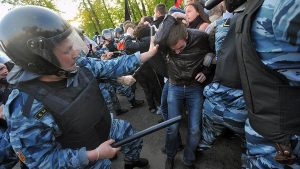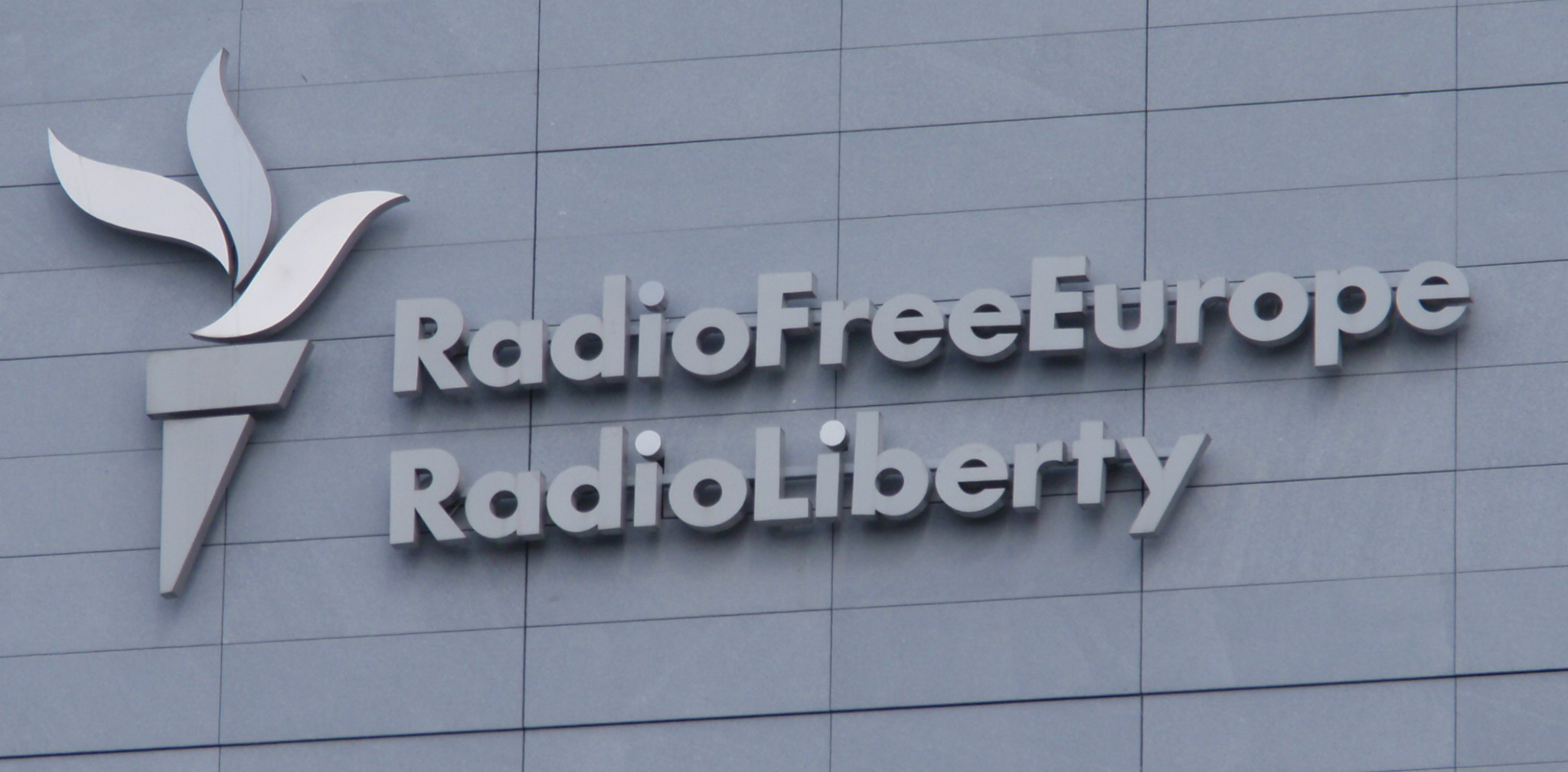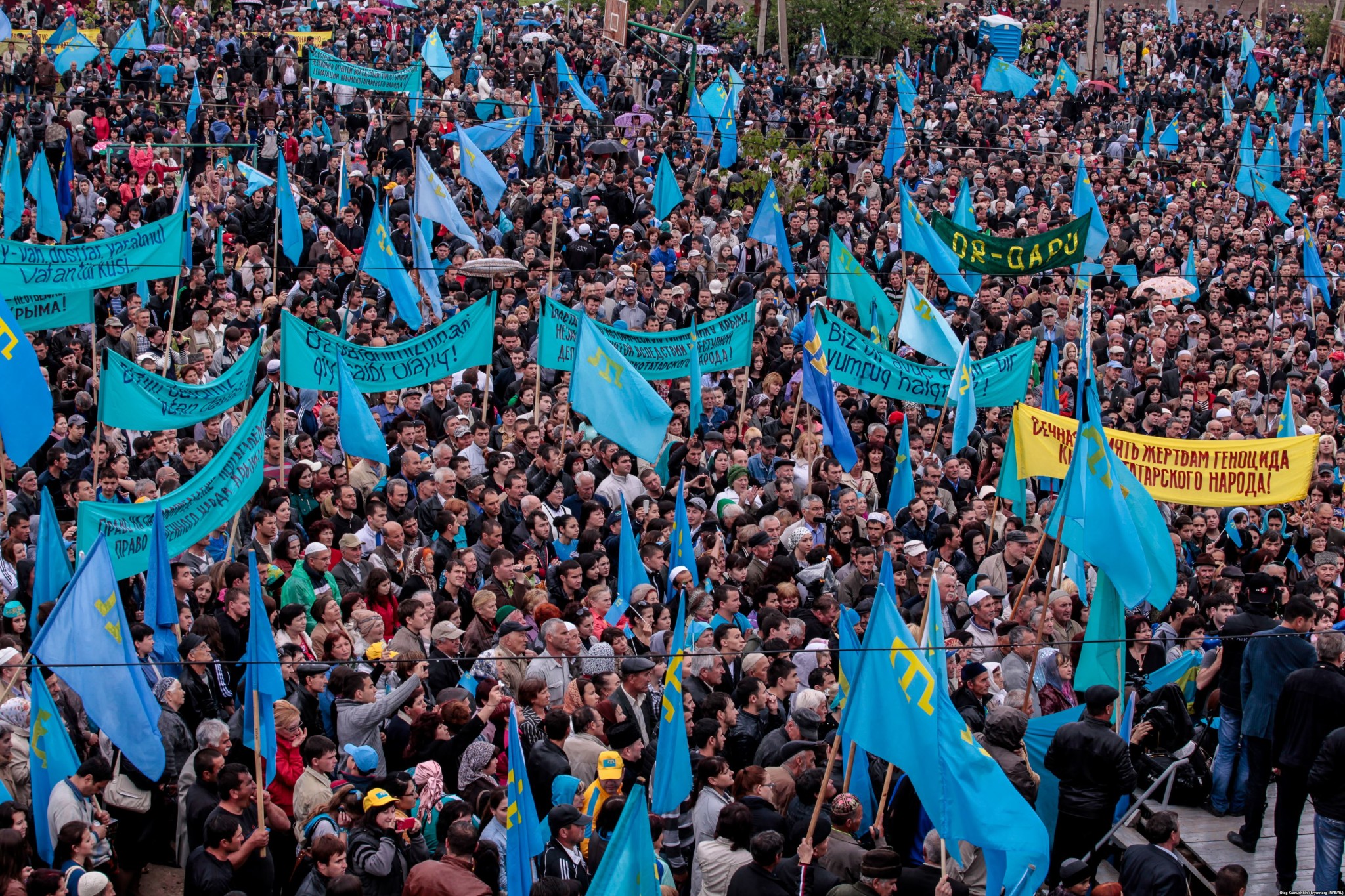At a time when Vladimir Putin is suppressing media freedom across his country and Russianizing the media space in the non-Russian portions of his country, the United States has taken two decisions about international broadcasting that send very much the wrong signals to the peoples of that land -- by not sending signals at all.
At the end of May, the US Broadcasting Board of Governors (BBG), which oversees Radio Free Europe/Radio Liberty (RFE/RL) and other US civilian international broadcasters, decided to end shortwave broadcasting to the Russia as of June 26. The BBG stressed
that it would maintain its media presence in that country via the Internet and with the help of satellites.
The decision reflects both research findings that relatively few Russian citizens now listen to shortwave radio and the assumption that, despite the radios’ unfortunate experience with medium wave broadcasting there (broadcasting stations have to be located inside a target country in most cases and thus can be closed down by the regime), Moscow will not block the station’s websites.

Given Putin’s increasingly hostile attitude toward the Internet and his regime’s recent moves to block such sites (for discussion of this all-too-real danger and its spread, see this analysis) that would seem to be an overly optimistic expectation if Putin remains in power.
If the decision to end shortwave broadcasting in Russian has attracted some attention and criticism (see, for example, this report), a second and related decision may have even more fateful consequences. That is the end of US shortwave broadcasts in three North Caucasian languages: Avar, Chechen, and Circassian.
Circassian websites are reporting this week that broadcasts in Circassian are being shut down (see here and here), an action involving the other languages as well and one that is less defensible given that Internet penetration in the North Caucasus is lower than elsewhere and where many rely on the radio medium.
RFE/RL
’s North Caucasian Service was set up in 2002 by Congressional mandate and has broadcast in the three most important languages of the region. The service is small – only eight staffers and some stringers –because its programs last only an hour a day and because it does not have a bureau in the region: Moscow won’t permit that.
But the service has played an important role. As an assessment of it published on the RFE/RL web page last year pointed out, “RFE/RL’s North Caucasus Service is the only international broadcaster to provide objective news and analysis to the North Caucasus in Chechen, Circassian and Avar.”
Given that the “media outlets in the North Caucasus face the same limitations as those elsewhere in Russia, with the additional hazard of being located in one of the most violent and dangerous regions in the world. Assassinations and bombings by both Islamist rebels and Russian security forces are common, and anyone viewed as a potential threat can be imprisoned.”
Thus, the report said, RFE/RL’s North Caucasus Service has been “in a unique position” to provide accurate and timely information on each of these nations, their relationship with each other and with Moscow, and their ties with the broader world, including the important diaspora communities each has.
That report, however, did not make what must be the most important point of all, a point that people who listened to Western radio broadcasts during the Cold War even when that was made extraordinarily difficult by Soviet jamming have often made. They pointed out that such broadcasts gave them hope, because their existence showed they and their nations hadn’t been forgotten.
That message of hope must continue to be sent, and thus all people of good will who want the rights and freedoms of the peoples of the North Caucasus and the peoples of the Russian Federation more generally to be observed can only hope themselves that these decisions will be reconsidered lest that message not be delivered effectively in the future.
Related:
- Under Putin, Circassians and Crimean Tatars at greatest risk of repression -- and for same reasons
- Russians won't admit expulsion of Circussians was genocide -- but Ukrainians should
- Moscow seeks to block Circassians in Russian capital from marking genocide anniversary
- How journalism died in Russia. A Russian journalist describes
- Putin admits Russian media 'cooking' the news, Zaidman says
- Ukraine will not suffer the fate of Caucasus
- Chechen government in exile warns G20 leaders of possible Russian-jihadist collaboration
- By supporting Chechen across Russia, Grozny challenges Moscow's language policy -- and with Moscow's money
- Is Putin about to begin a third Chechen war to escape Ukrainian impasse?
- Ukraine remembers the "forgotten" Holocaust victims




